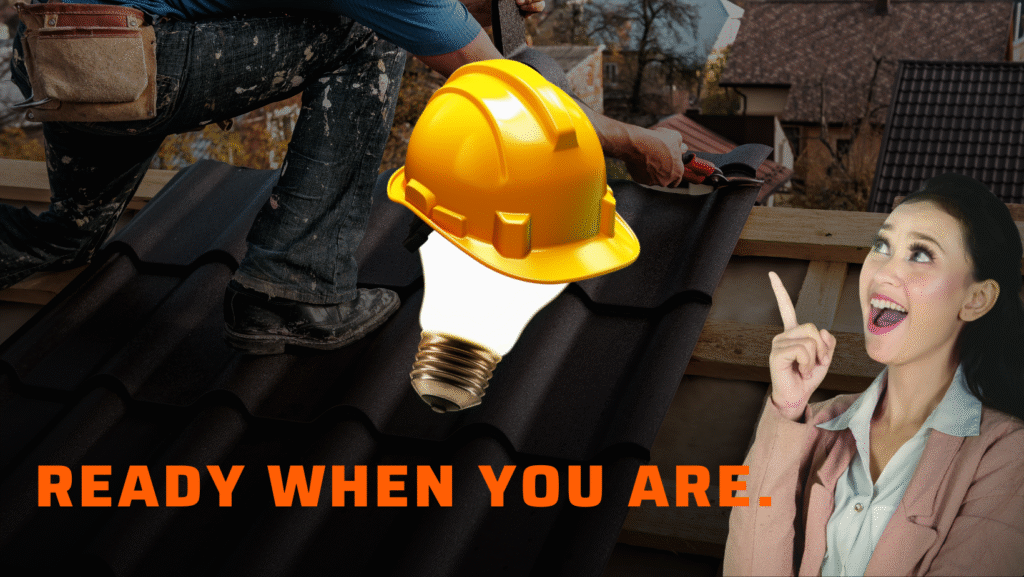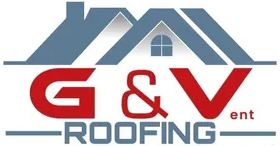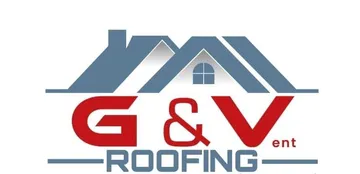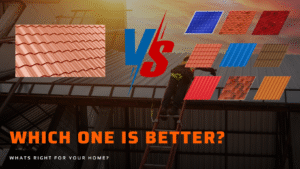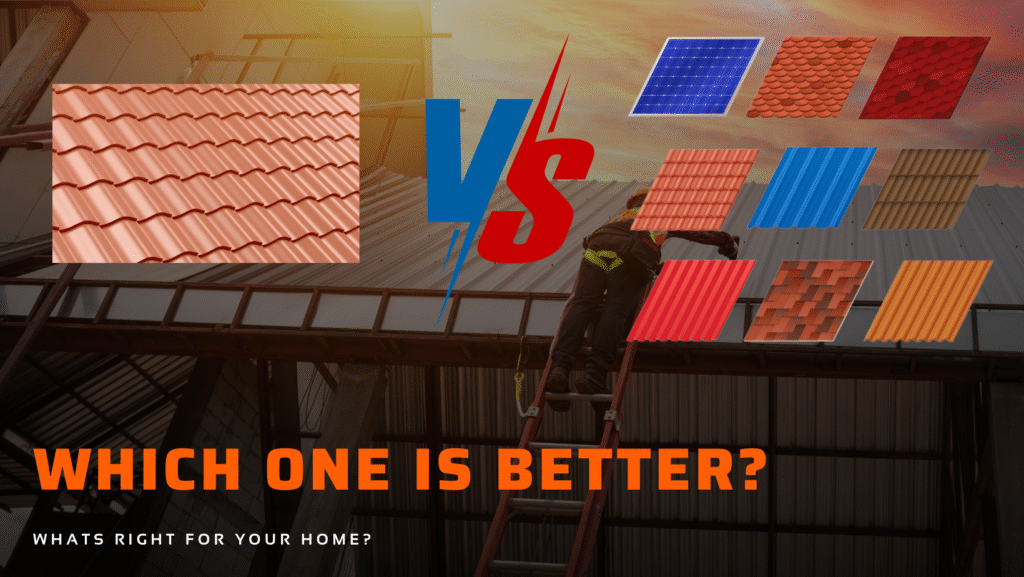
Clay roof tiles combine ancient craftsmanship with modern performance. Used since 10,000 B.C. in regions like Mesopotamia and Egypt, clay tiles have endured through centuries thanks to their durability, heat resistance, and natural appeal. Today, these kiln-fired ceramic materials remain popular in Mediterranean, Spanish Colonial, and Mission-style architecture—but they’re no longer just for traditional homes.
Why are clay roof tiles gaining renewed attention?
- Their terracotta finish offers timeless aesthetics.
- Their thermal insulation properties support energy-efficient homes.
- If they receive the right care, they can live for more than 75 years.
- Their composition—natural clay—makes them recyclable and eco-friendly.
Next, we’ll compare how clay stacks up against asphalt, metal, and slate roofing.
How Clay Roof Tiles Compare to Asphalt, Metal, and Slate
Clay roof tiles outperform most materials in longevity and climate resilience.
Feature | Clay Tiles | Asphalt Shingles | Metal Roofing | Slate Tiles |
Lifespan | 50–100 years | 15–30 years | 30–50 years | 75–150 years |
Thermal Resistance | High (natural R-value) | Low | Moderate | High |
Hail Performance | Moderate | Low | High | High |
Cost per Sq. Ft | $10–$18 | $3–$6 | $5–$12 | $15–$25 |
Maintenance Needs | Low | High | Moderate | Low |
Weight | Heavy | Light | Light | Very Heavy |
Color Retention | Excellent | Poor | Good | Excellent |
Summary:
- Clay vs Asphalt Shingles: Clay lasts over 3× longer and resists UV better.
- Clay vs Metal Roof: Metal is lighter and performs well in hail zones, but lacks the same insulation.
- Clay vs Slate Tiles: Slate is more expensive and heavier; both are excellent for longevity.
In the next section, we highlight the unique strengths that make clay tiles a smart investment.
What Are the Benefits of Clay Roof Tiles?
Clay roof tiles offer unmatched durability, sustainability, and thermal performance.
Key advantages include:
- Exceptional Lifespan
- Can last 50–100 years with minimal repairs.
- Resistant to rot, insects, and UV degradation.
- Fire and Heat Resistance
- It is non-flammable, making it ideal for Class A fire zones.
- Lowers attic heat gain by as much as 50% in hotter regions.
- Eco-Friendliness
- Made from natural clay; recyclable.
- Energy-efficient with high R-values (up to R-1.25).
- Water Resistance
- Low permeability protects against rain and mold growth.
- Glazed finishes add extra resistance in humid zones.
- Aesthetic Versatility
- Available in earth tones, matte, and high-gloss glazes.
- Suitable for modern, rustic, and traditional designs.
Next, we’ll explore how these benefits perform under different climate conditions.
Are Clay Roof Tiles Right for Your Climate?
Clay roof tiles perform best in hot, dry, and coastal climates—but also handle cold zones if treated.
Climate Type | Clay Tile Suitability | Notes |
Hot & Sunny | Excellent | High UV and heat resistance |
Cold & Snowy | Moderate to High | Needs frost-resistant clay and proper slope |
Wet & Humid | High | Mold-resistant and water-shedding design |
Windy & Stormy | Moderate | Requires secure fastening; rated up to 125 mph winds |
Important Considerations:
- In freeze-thaw zones, use clay tiles with <3% water absorption to avoid cracking.
- In hurricane-prone regions, opt for interlocking systems with enhanced wind ratings.
- In deserts, clay’s thermal mass stabilizes indoor temperatures.
Now, let’s examine what you can expect to pay and the long-term value.
Clay Roof Tiles Cost Breakdown
Clay roofing costs more upfront but delivers strong long-term value.
Cost Component | Price Range |
Material (per sq. ft) | $10–$18 |
Installation (per sq. ft) | $7–$12 |
Total Installed Cost | $17–$30 per sq. ft |
Annual Maintenance | $150–$300 (avg.) |
Lifespan ROI | High (up to 100 years) |
Factors Affecting Cost:
- Pitch and roof complexity increase labor costs.
- Structural reinforcement may be needed for older homes.
- Region influences material availability and labor rates.
Compared to asphalt (avg. lifespan 20 years), clay offers 3–5× more life with lower annualized cost. Now let’s break down the steps for installation.
Clay Roof Tiles Installation Process
Installing clay roof tiles requires specific techniques due to their weight and rigidity.
Steps in the Installation Process:
- Roof Inspection & Reinforcement
- Confirm structural support for heavy load (~850 lbs/sq).
- Underlayment & Flashing
- Use waterproof underlayment and corrosion-resistant flashing.
- Tile Layout & Battens
- Install battens or nail directly depending on tile type.
- Tile Placement & Nailing
- Use interlocking systems or mortar-set techniques.
- Edge and Ridge Sealing
- Seal ridges with hip caps; secure edges with custom cuts.
- Seal ridges with hip caps; secure edges with custom cuts.
Important Tip: Only certified contractors should handle installation to ensure code compliance and manufacturer warranty.
Now that you know the process, let’s look at the variety of styles and colors available.
Clay Roof Tile Styles and Colors
To accommodate various housing styles, clay roof tiles are available in a variety of profiles, textures, and colors.
Most Common Tile Profiles:
- Barrel Tiles (Mission or Spanish)
- Rounded, overlapping; classic Mediterranean look.
- Flat Tiles (French or Slate-Look)
- Clean, modern appearance with strong wind resistance.
- S-Shaped Tiles (Interlocking)
- Combine barrel aesthetics with interlocking performance.
- Combine barrel aesthetics with interlocking performance.
Color and Finish Options:
Finish Type | Features |
Natural Clay Tones | Earthy reds, browns, oranges |
Matte Finish | Soft, non-reflective texture |
High-Gloss Glaze | Adds protection and vibrant colors |
Weathered Texture | Mimics aged or rustic appearance |
Next, let’s explore how long these beautiful tiles actually last.
Durability and Lifespan of Clay Roof Tiles
Among the strongest roofing materials are clay tiles.
- Lifespan: 50 to 100+ years under normal conditions
- Cracking Risks: Mostly from improper installation or freeze-thaw stress
- Repair Needs: Usually limited to individual tile replacements
Common Durability Features:
- Resists UV, salt spray, pests, and algae
- Withstands wind gusts up to 125 mph with proper anchoring
- Maintains structure and color for decades
Now let’s zoom in on the environmental benefits of clay roofing.
Environmental Impact of Clay Roof Tiles
Clay tile is among the most eco-friendly roofing materials.
Sustainability Attribute | Clay Roof Tiles |
Raw Material | Natural clay (abundant, local) |
Energy Use in Production | Moderate (kiln-fired) |
Recyclability | 100% recyclable post-use |
Cradle-to-Grave Lifecycle | Long lifespan, low waste |
Emissions | Lower than concrete or asphalt |
Other Benefits:
- Energy-efficient insulation reduces HVAC needs
- Some brands use solar-powered kilns or reclaimed clay
- Meets LEED and ENERGY STAR standards when properly installed
Now we’ll move to practical tips to keep your clay roof in peak condition.
Maintenance and Repair Tips for Clay Roof Tiles
Clay tile roofs require low but consistent maintenance.
Maintenance Best Practices:
- Annual Inspection: Look for moss accumulation, tile movement, and cracks.
- Gentle Cleaning: Use soft washing or low-pressure water to avoid cracking
- Moss and Algae Removal: Apply biocide treatments as needed
- Seal Cracks Early: Prevent water infiltration using tile sealants
- Ventilation Gaps: Ensure airflow to prevent condensation buildup
Pro tip: Avoid walking on clay tiles directly. Use a roof ladder or contact a professional.
Now, for those comparing brands, here are some trusted manufacturers.
Popular Brands and Manufacturers of Clay Roof Tiles
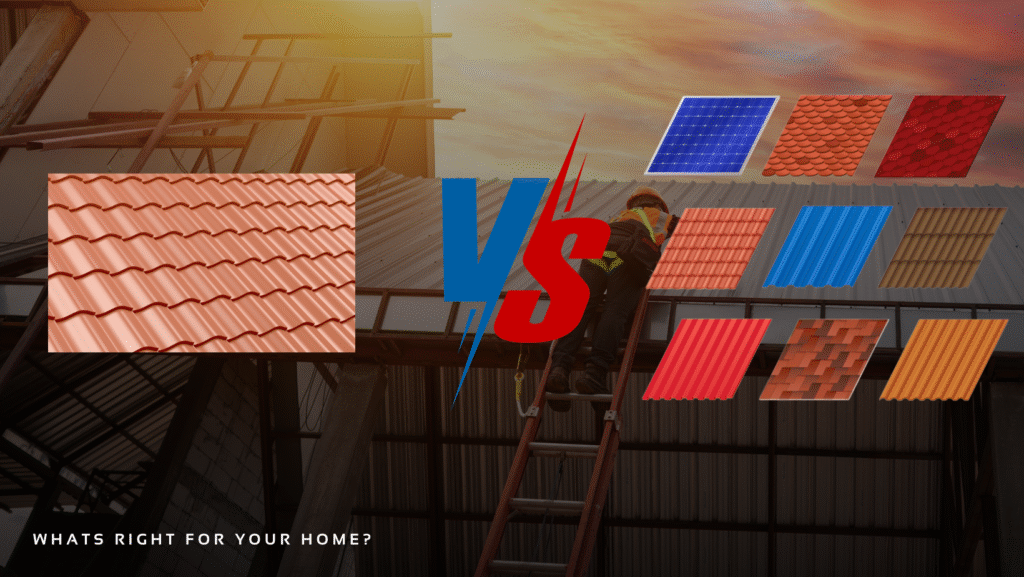
The most reputable brands offer premium clay, long warranties, and wide design choices.
Leading Clay Tile Brands:
- Ludowici (USA)
- Premium clay, 75-year warranty, high-gloss options
- Boral Roofing (USA/AUS)
- Energy-efficient lines, Class A fire rating
- Terreal (France)
- Rustic textures, eco certifications, solar-integrated tiles
- Tejas Borja (Spain)
- Designer finishes, frost-resistant tiles
- Vande Hey Raleigh (USA)
- Custom colors, artisanal options, regional aesthetic focus
- Custom colors, artisanal options, regional aesthetic focus
Always check warranty details, especially for frost zones or high-wind areas.
FAQs About Clay Roof Tiles
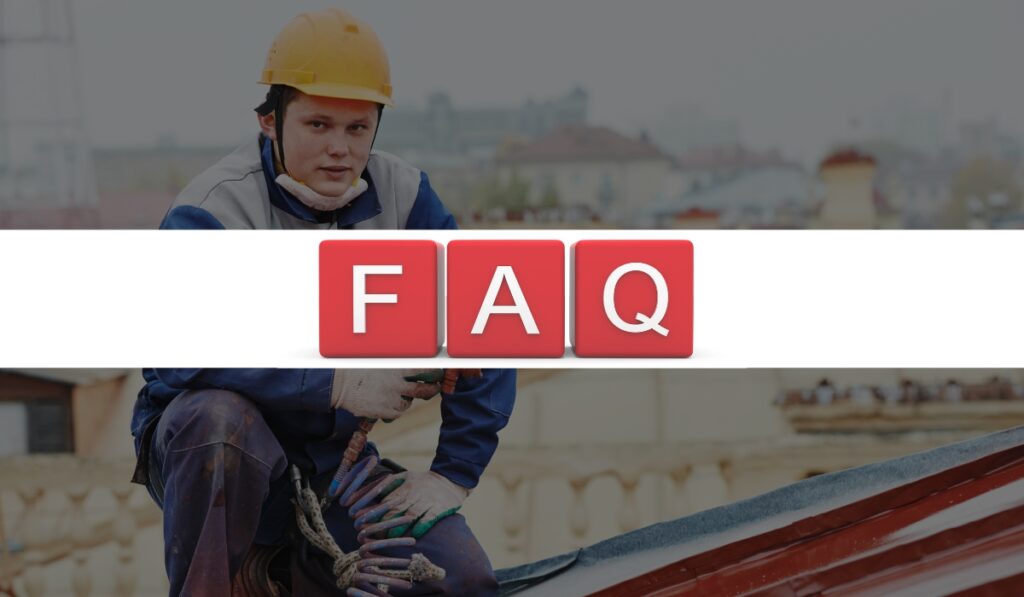
Yes. They offer superior durability, aesthetic value, and low lifecycle cost.
Yes, if frost-rated and properly installed on a pitched roof.
Broken or moved tiles as a result of earthquakes or storms.
Indeed. Premium roofing is frequently mentioned by appraisers as adding value.
Clay is lighter, retains color longer, and has a longer history of performance.
Want More High-Quality Roofing Projects on Long Island?
G&V Roofing delivers trusted craftsmanship, reliable service, and local expertise that turns property owners into lifelong clients—all from one professional source.
Our Services:







Learn About:





 Looking to Upgrade Your Roof or Protect Your Property Investment?
Looking to Upgrade Your Roof or Protect Your Property Investment?
Whether you’re a homeowner looking for reliable roof solutions or a property manager seeking fast, expert repairs—G&V Roofing is your go-to Long Island partner for long-lasting protection and peace of mind.
📌Follow Us for the Latest in Roofing Care, Property Protection & Home Improvement:
🎵Tiktok: Watch fast transformations, tips from the crew, and roofing secrets revealed
🎥YouTube: Explore step-by-step guides, customer stories, and full project showcases
📸Instagram: See beautiful before-and-afters, behind-the-scenes content, and premium materials
👍Facebook: Read reviews, see featured jobs, and connect with the local G&V Roofing community
👉 Contact G&V Roofing today and discover why craftsmanship matters
Roof Installation Long Island, Roof Installation Long Island, Roof Installation Long Island, Roof Installation Long Island, Roof Installation Long Island, Roof Installation Long Island, Roof Installation Long Island,Roof Installation Long Island, Roof Installation Long Island, Roof Installation Long Island, Roof Installation Long Island,Roof Installation Long Island
